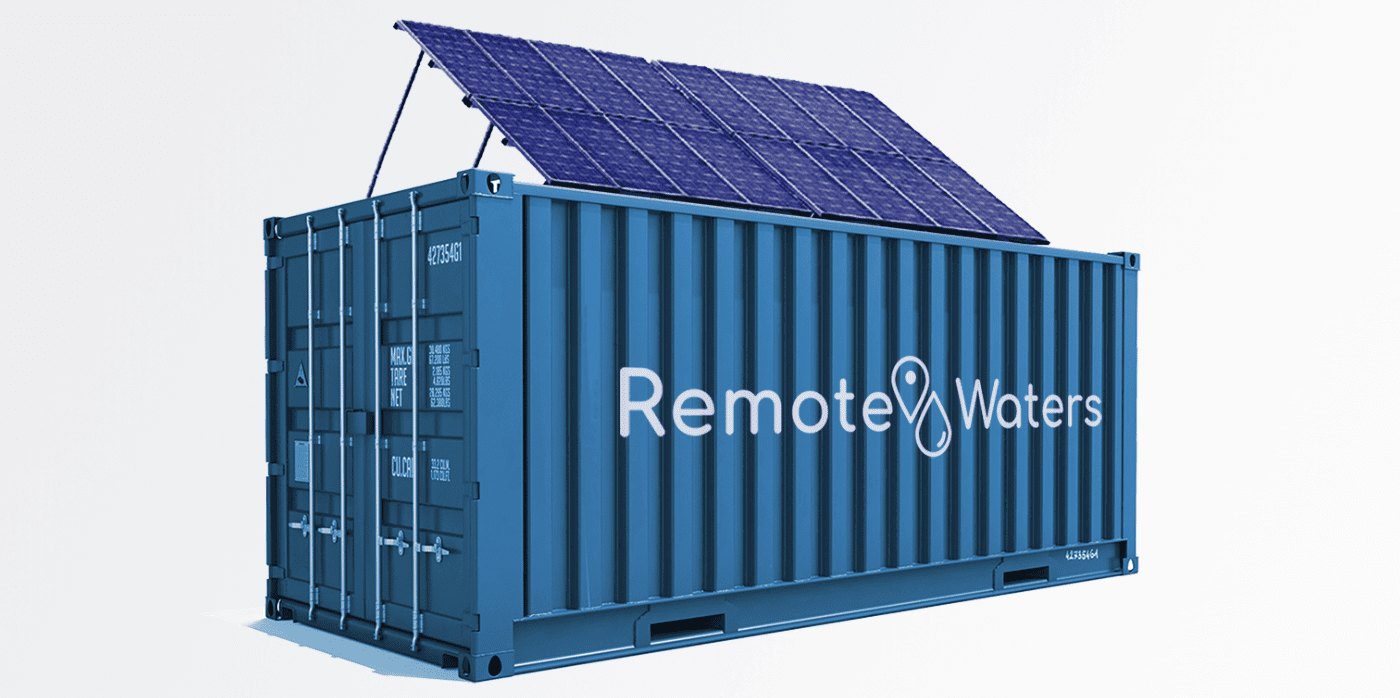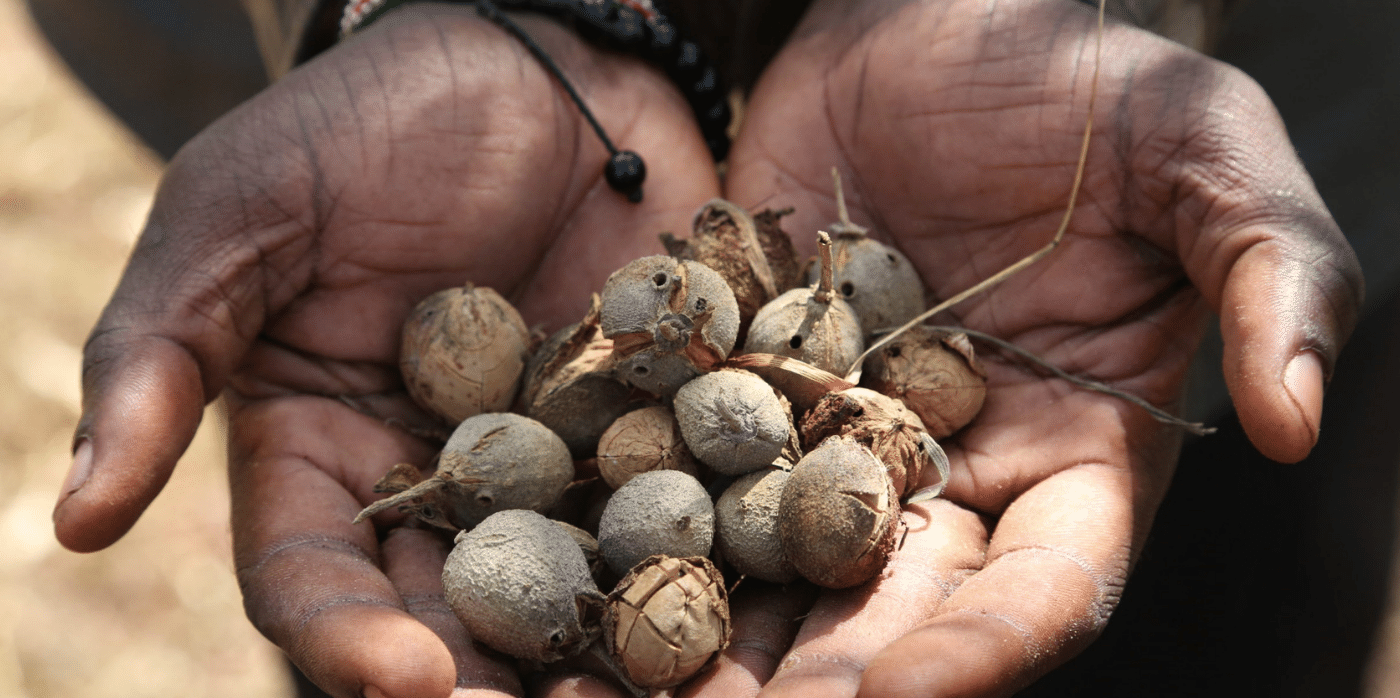Bringing clean water to overlooked rural communities

Spotted: Today, around two billion people around the world lack reliable access to clean drinking water. And while there are a large number of programmes aimed at expanding access to water in urban areas, improving rural water supply can be more expensive and difficult to deliver, and so often takes a back seat. Now, however, Chilean startup Remote Waters is focusing precisely on this type of outlying region.
The company specialises in supplying small-scale modular water treatment and desalination systems made for remote, rural, and off-grid areas. The company sources water that is unfit for consumption (like brackish water or ocean water) and devises a bespoke, solar-powered membrane filtration system to render it potable.
Once purified, the water is transferred to a pressurised water system or an elevated water tank to facilitate delivery. The system can be operated and monitored remotely, which lowers maintenance costs and speeds problem detection. It is available for lease as well as sale.
The company is currently in partnership discussions with several large companies to explore possible funding streams. Remote Waters founder and CEO Pablo Cassorla told Springwise that the company hopes to “Franchise our brand in different countries of [Latin America], increasing our clean water availability capacity in communities.”
‘Availability and sustainable management of water and sanitation for all’ is a key UN Sustainable Development Goal (Goal 6). Recent innovations helping to meet this goal include solar nanogrids to supply water and power and digital water treatment technology.
Written By: Lisa Magloff


